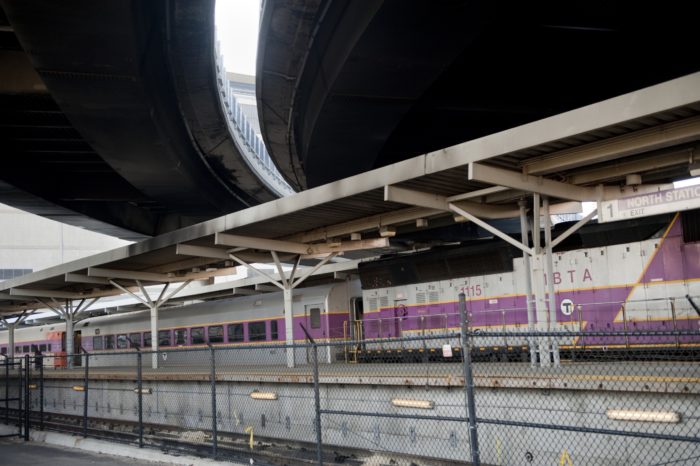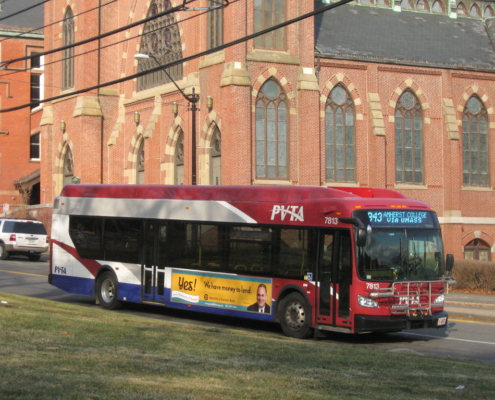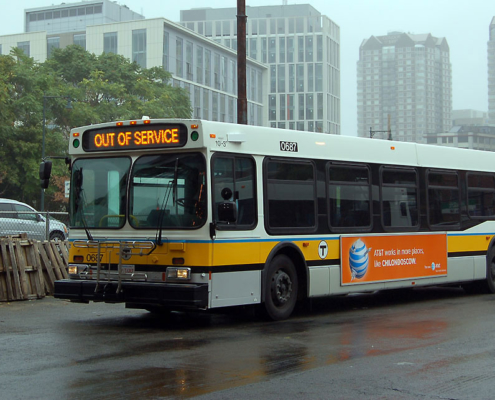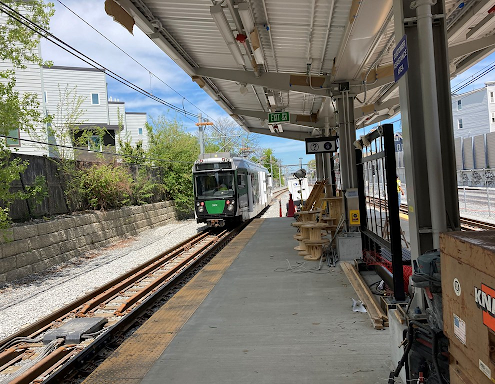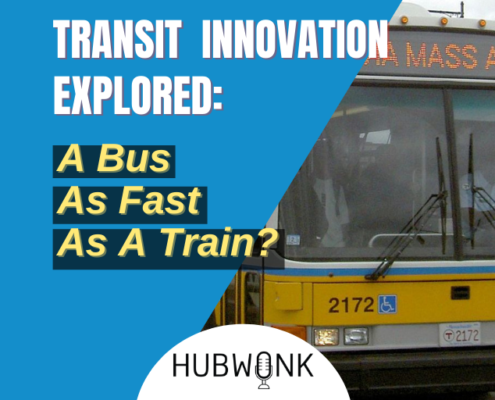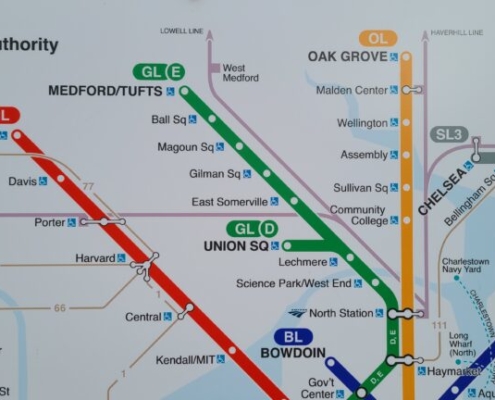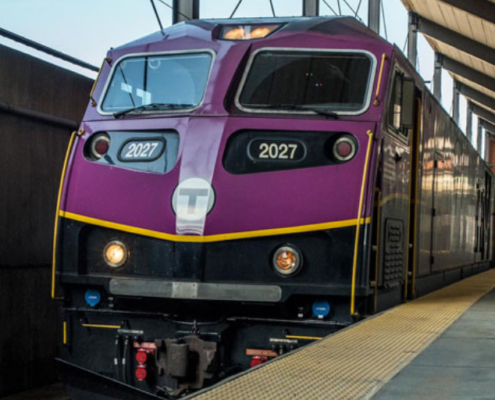Public Statement on Nonrenewal of Keolis Commuter Rail Contract
Pioneer Institute welcomes the news that the MBTA will not renew its contract with problem-plagued commuter rail operator Keolis Commuter Services when the term ends in 2022. If the MBTA can put an effective bidding process into place for the next contract, this is a positive development for the hundred thousand-plus riders who depend on the system every day.
Since 2013, Pioneer Institute has published a steady stream of research, op-eds, blog commentary, and media appearances critical of Keolis’ performance, and calling for greater penalties for lack of performance and even re-opening the current contract. Increasingly frequent cancellations have incurred a reported $14 million in fines over the past two years, many of which have been forgiven by the MBTA, and the system has been hampered by insufficient staffing, defective equipment, and train shortages. While Pioneer, too, is impatient to see Keolis’ service improve, the Institute also opposed the MBTA’s decision to waive fines and pay the vendor an additional $66 million, on top of its $2.68 billion contract.
We are guided by a basic premise: when procuring a public service through a private contractor, the terms of the contract must be enforced – or the public suffers.
Two years ago, Pioneer Institute proposed a comprehensive fix for the MBTA, which included the establishment of a control board, and other powers. In that document, and before, Pioneer is on the record repeatedly (1) questioning the procurement process which ultimately led to only two commuter rail bidders and (2) calling for the penalty provisions of the contract to be consistently enforced.
We applaud this decision and look forward to pressing for the kind of open procurements that will attract more high-quality bidders, as well as providing insights on the type of contract that might actively promote higher quality service and the modernization of commuter rail systems, vehicles, and infrastructure.

